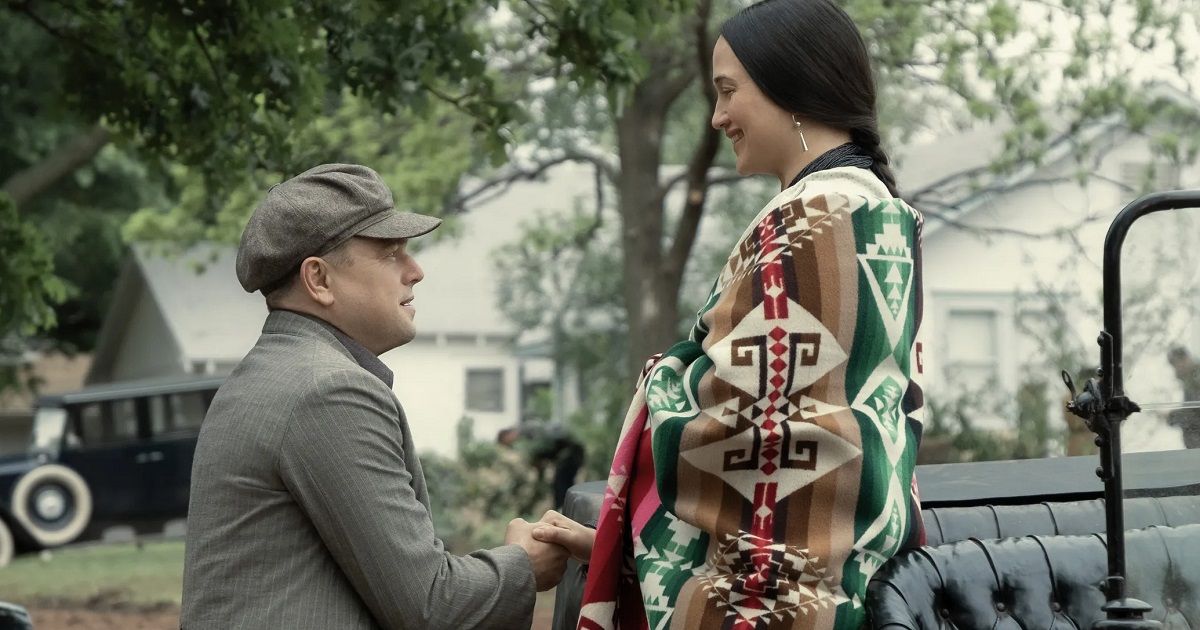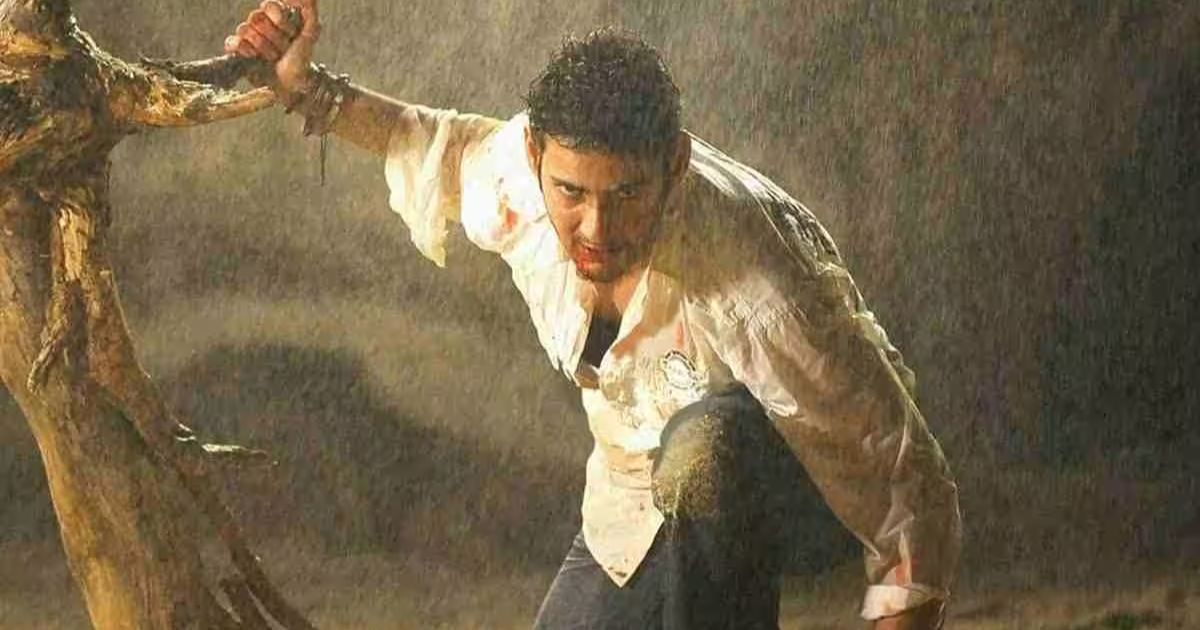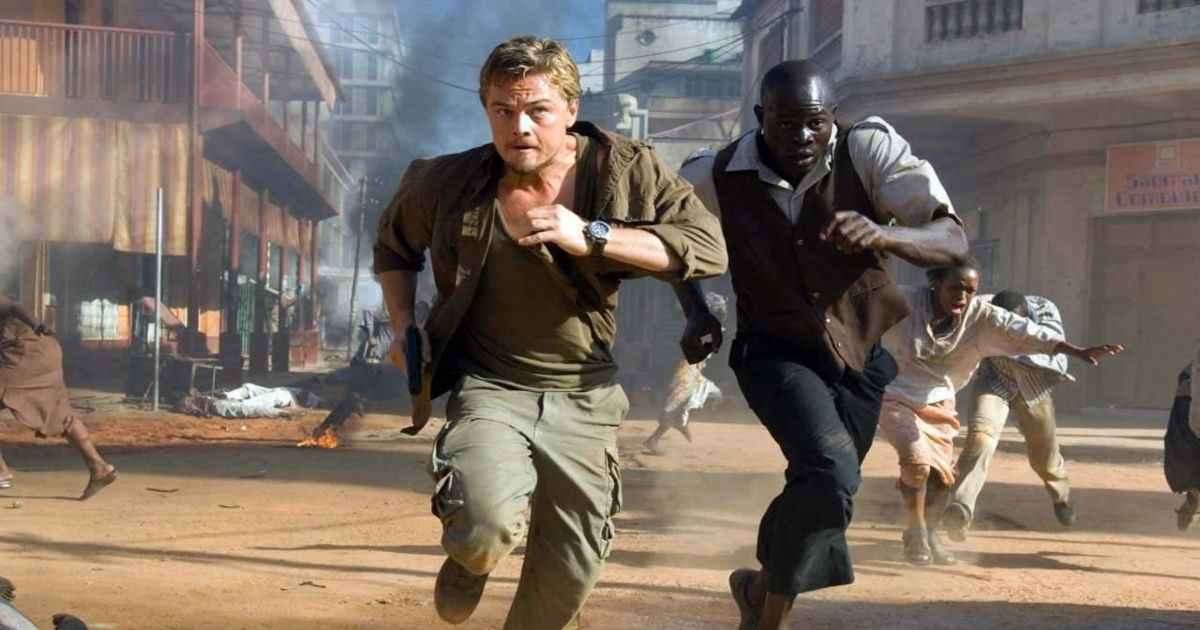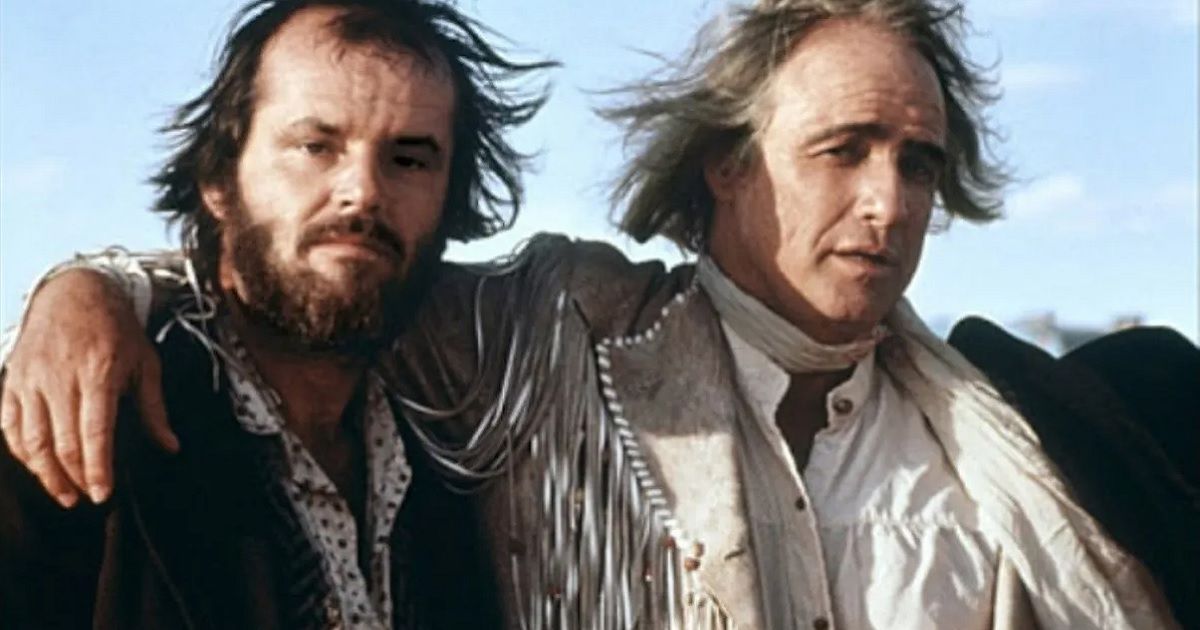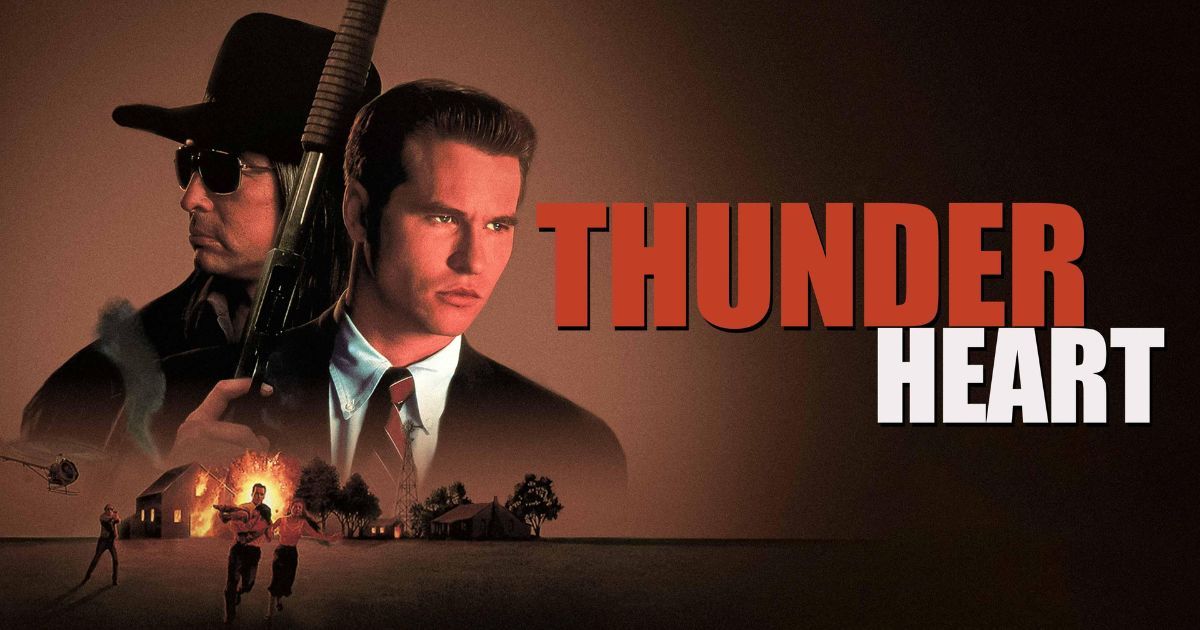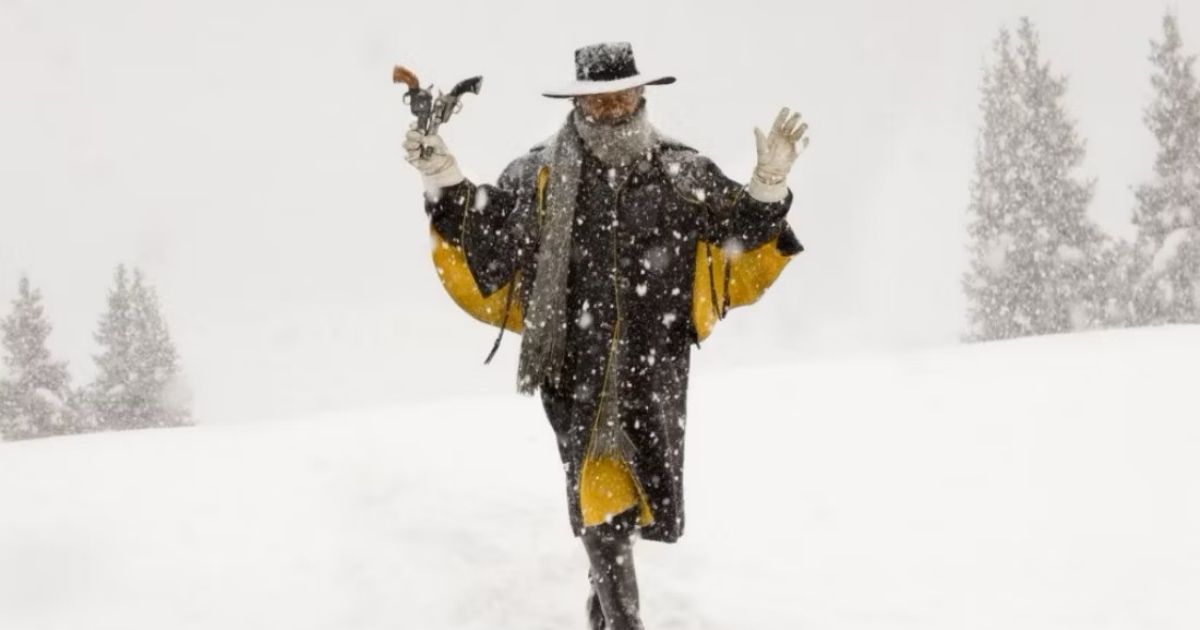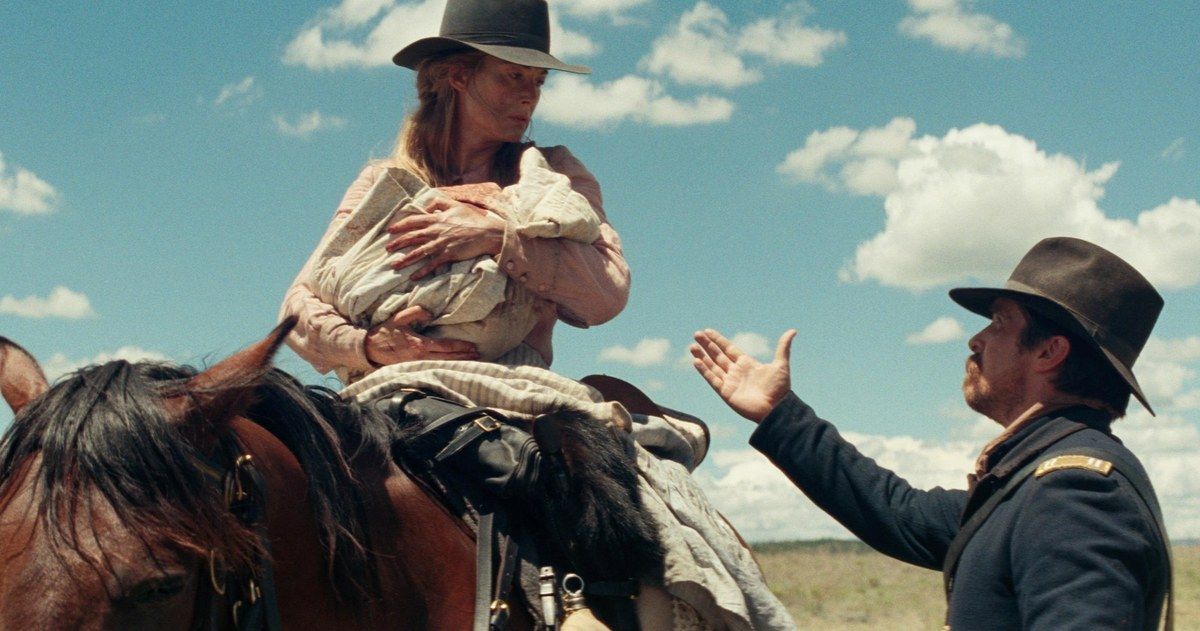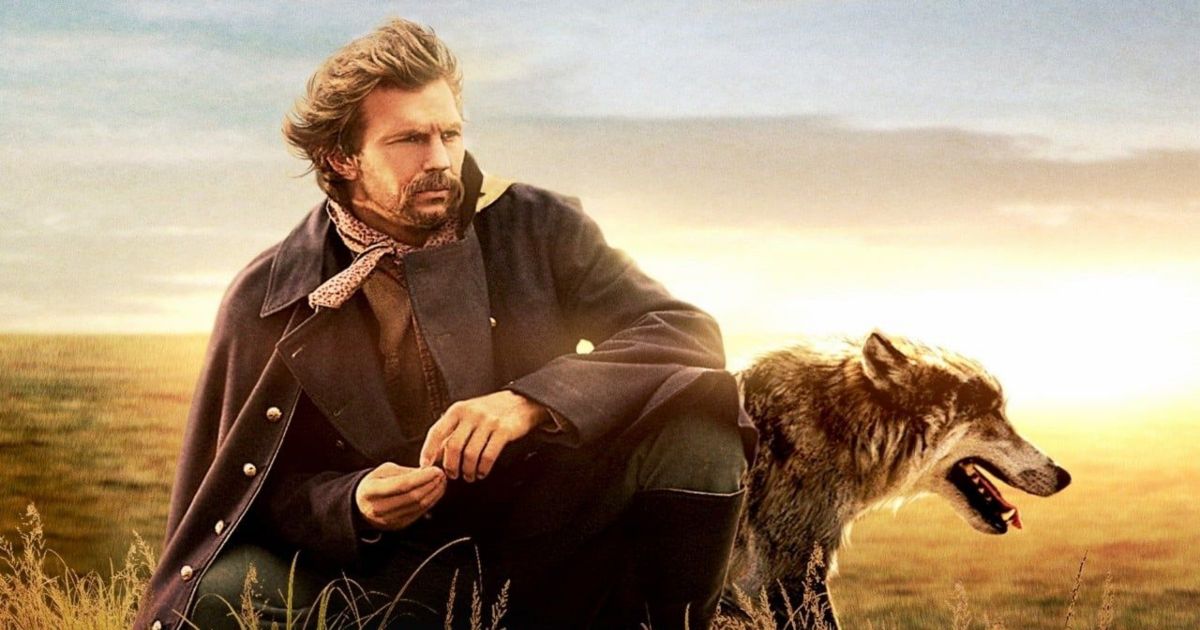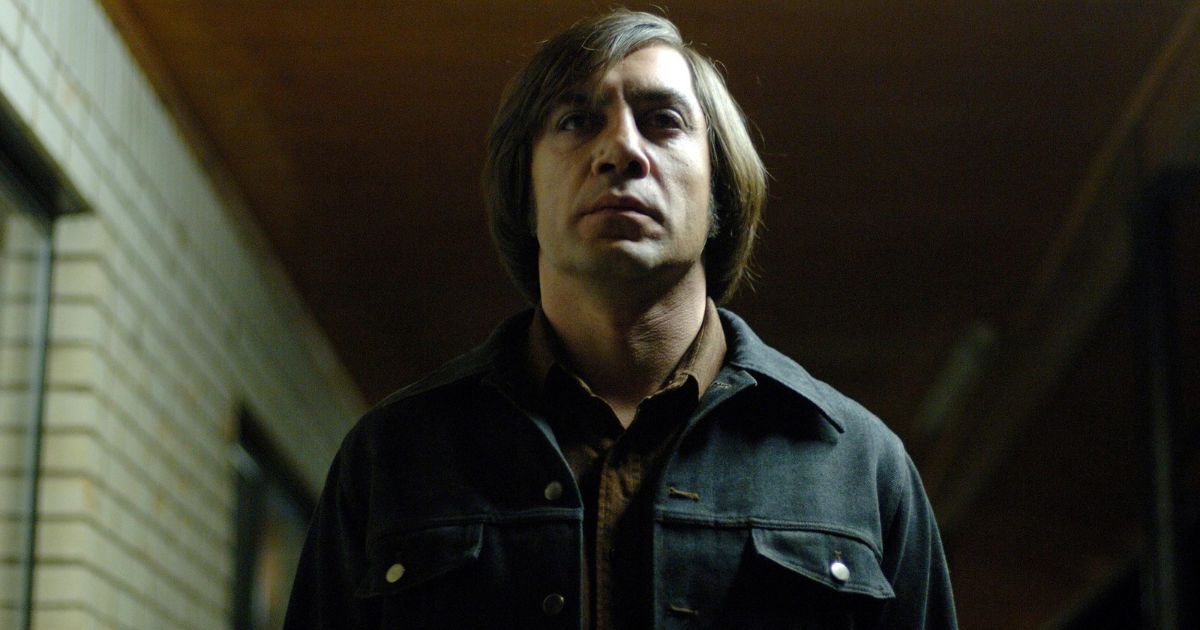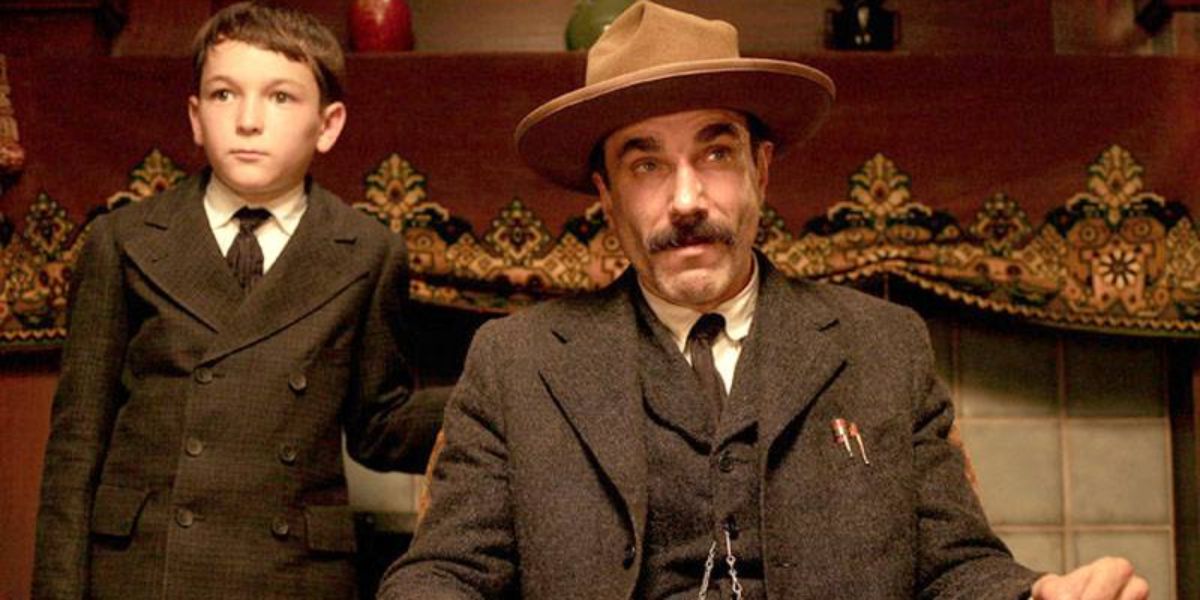Martin Scorsese, also known as the greatest filmmaker in the history of cinema, is ready to enchant the world with his next directorial prowess, Killers of the Flower Moon. This film is an adaptation of the eponymous novel by David Grann, which was published in 2017. The novel is a compelling work of historical non-fiction that explores a dark chapter in American history. It delves into the Osage Nation murders that took place in the early-20th Century when members were systematically killed for the valuable oil reserves beneath their land. The book meticulously uncovers the conspiracy, greed, and corruption that plagued this tragic period, shedding light on a largely forgotten piece of American history.
Scorsese’s storytelling prowess, combined with the talents of Robert De Niro and Leonardo DiCaprio, promises a cinematic experience of unparalleled quality. As these cinematic triumvirates come together to unravel the harrowing events of Killers of the Flower Moon, the world is poised to witness a compelling drama that not only entertains, but also educates, shedding light on a significant piece of history often relegated to the shadows. The anticipation for this film is a testament to Scorsese’s enduring influence, and here is a list of 10 films like Killers of Flower Moon to watch next to prolong the feeling of watching a cinematic epic.
10 The Assassination of Jesse James by the Coward Robert Ford (2007)
Andrew Dominik’s The Assassination of Jesse James by the Coward Robert Ford (2007) is a visually stunning and thought-provoking meditation on the themes of betrayal, loyalty, obsession, and fame. The film is set in the American West of the 1880s and tells the story of Jesse James (Brad Pitt), a legendary outlaw, and Robert Ford (Casey Affleck), the young man who joins James’ gang and eventually assassinates him. Touted for its stunning cinematography by Roger Deakins, which captures the beauty and harshness of the American West, the film features a number of memorable performances, particularly from Pitt and Affleck. Pitt delivers a mesmerizing performance as James, capturing the outlaw’s charisma and ruthlessness while Affleck dons as Ford, conveying the character’s complexity and inner turmoil.
The film deconstructs the myth of the American West by showing how the violence and lawlessness of the Wild West were often glamorized and exploited by the media. James is portrayed as a complex and flawed character, rather than a romanticized outlaw. Overall, The Assassination of Jesse James by the Coward Robert Ford is a complex and rewarding film that explores several important themes. It is a film that will stay with you long after you have seen it.
9 Khaleja (2010)
A ruthless industrialist on a menacing quest to capitalize on the uranium reserve found in a remote Indian village goes on a killing spree against the villagers to conquer the land. In the face of despair and under the crutches of merciless monopolists, the villagers misinterpret a frivolous cab driver as their messiah and pursue him as their savior — The God. Bewildered by the irrational perception of villagers, the cab driver, played by one of India’s most celebrated superstars, Mahesh Babu, takes umbrage of villagers’ unwarranted belief in him only to realize that the will to save others in distress is nothing less than Godly and embarks on a perilous crusade to leap the villagers out of their misery.
Helmed by the auteur Trivikram Srinivas, who wrote and directed the film, Khalejaemerges as a timeless underrated masterpiece that sheds light on capitalism and greed, and counters the anti-humanity elements in society with hope and human compassion. Khaleja serves as a quintessential Indian film with laudable filmmaking standards and piercing performances by the lead characters notably Prakash Raj, Mahesh Babu, Subba Raju, and others. The film borrows the theme from Indian mythological scriptures yet the writer-director brilliantly urbanizes the theme to a modern cinematic landscape and dons the classic protagonist-to-the-rescue trope.
8 Blood Diamond (2006)
Blood Diamond opens in 1999, during the Sierra Leone Civil War. Danny Archer (DiCaprio) is a smuggler, who is hired by Solomon Vandy (Djimon Hounsou), a fisherman, to help him find his son who was abducted by rebels. Solomon tells Danny that he knows the location of a rare pink diamond, which he is willing to trade for his son’s safety. They set out on a dangerous journey to find the diamond. Along the way, they are pursued by rebels, government forces, and mercenaries. They also witness the horrors of the war firsthand, including the killing of innocent civilians and the abduction of children.
Leonardo DiCaprio delivers a powerful performance as Danny Archer, a complex and conflicted character. Jennifer Connelly, as Maddy Bowen, excels as a journalist who is determined to expose the truth about the blood diamond trade. The major highlight of the film is Hounsou, who delivers a heartbreaking performance as Solomon Vandy, a man who is willing to do anything to save his son while being scorched by Greed and corruption that fueled the Sierra Leone Civil War.
7 The Missouri Breaks (1976)
Arthur Penn’s The Missouri Breaks is a complex and challenging film that explores many important themes, including violence, redemption, the myth of the West, and the nature of evil. Set in the Montana Territory in 1876, the film follows the story of Tom Logan (Jack Nicholson), a retired horse thief who is forced back into action when his gang is targeted by a ruthless bounty hunter named Robert E. Lee Clayton (Marlon Brando).
The two great Hollywood goliaths, as widely reputed, embellish the film with rather inspiring performances, with Brando delivering a particularly memorable performance as Clayton. In the world of endearing bad villains, Clayton is a truly evil character, who is as fascinating as he is evil. The film does not try to explain why Clayton is evil, but it does show how evil can flourish in a lawless society.
The Missouri Breaks is not a film for everyone. It is a slow-paced and meditative film that demands the viewer’s full attention. The Missouri Breaks is a film that defies easy categorization. It is a Western, but it is also a psychological thriller and a philosophical meditation on the nature of violence and evil. It is a film that is both visually stunning, copiously entertaining, and intellectually stimulating.
6 Thunderheart (1992)
Thunderheart is a powerful film that shows how the legacy of colonialism and racism continues to impact Native Americans today. The film also explores the importance of identity and the power of community. Ray Levoi’s journey of self-discovery sprawls into a powerful cinematic epiphany, and the conceding narrative shows how the Native American community can be a source of strength and support.
The film unabashedly opens a cognitive window into Native American culture, history, and politics. It tells the story of Ray Levoi (Val Kilmer), an FBI agent with Sioux heritage who is assigned to investigate a homicide on a Native American reservation. Levoi is initially met with suspicion and mistrust by the Native American community, but as he gets to know the community and learns more about their culture, he begins to understand the challenges they face.
5 The Hateful Eight (2015)
Quentin Tarantino, a western setting, a chamber piece brooding drama, guns and glory — now that’s something hard to ignore even for a non cinema fan. The Hateful Eight screams of Tarantino’s veritable drama fueled by enraging performances and an atypical milieu. The plot follows a group of strangers trapped in a cabin during a blizzard. As the blizzard rages on, the strangers begin to turn on each other, and it becomes clear that someone among them is a murderer — thanks to Tarantino’s trademark culpable characters.
The Hateful Eight showcases the quintessential elements of Tarantino’s unique storytelling style. Through meticulous dialogue, non-linear chronology, and scrupulous attention to detail, he constructs a narrative that is rich in depth and complexity. The film’s extended runtime allows for a profound exploration of character psychology and the unfolding of intricate plotlines. The Hateful Eight leaves us in a state of moral discomfort, with a quintessential Tarantino climax and a career-defining performance by Jennifer Jason Leigh.
4 Hostiles (2017)
At the heart of Hostiles is Christian Bale’s mesmerizing performance (one-man show) as Captain Joseph J. Blocker, a battle-hardened soldier tasked with escorting a dying Cheyenne war chief (Wes Studi) and his family back to their tribal lands. What ensues is a treacherous journey through the dangerous and untamed frontier, where both captor and captives must confront their own demons and prejudices.
Scott Cooper’s Hostiles is a testament to the enduring appeal of the Western genre, offering a modern take on the classic tropes while delving into profound moral and psychological territory. It’s a film that lingers in the mind, challenging viewers to ponder the human capacity for change and understanding in the face of deep-seated hatred and prejudice. In the grand tradition of westerns, Hostiles is a journey into the heart of darkness, and it’s a journey well worth taking.
3 Kevin Costner’s Dances with Wolves (1990)
Kevin Costner’s Dances with Wolves is a pearl among pebbles in the landscape of the western genre. The film follows the journey of Lieutenant John J. Dunbar, portrayed by Costner himself, who is stationed at a remote military outpost during the American Civil War. Dunbar’s evolving relationships with the Lakota Sioux tribe (also featured in a recent PREY film) challenge his preconceived notions, and he becomes Dances with Wolves, as he immerses himself in their culture.
Dances with Wolves is an exemplary work of art that transports viewers to the untamed wilderness of the 1860s American West. The sweeping vistas, captured by cinematographer Dean Semler, are nothing short of breathtaking. Costner’s powerful performance, along with the stellar supporting cast, including Mary McDonnell and Graham Greene, brings depth and authenticity to the characters.
Lauded for its cultural understanding, environmental stewardship, and the profound impact of personal transformation, Dances with Wolves underscores the importance of empathy and embracing diversity, even in the most challenging circumstances. The film remains a timeless classic, reminding us of the enduring power of storytelling and its capacity to bridge cultural divides and touch the human soul.
2 No Country for Old Men (2007)
This Coen brothers’ masterpiece is a stark and gripping cinematic experience that has left an indelible mark on the world of cinema. This neo-western thriller, adapted from Cormac McCarthy’s eponymous novel, stands as a chilling exploration of a world where moral boundaries blur, leaving viewers both mesmerized and disquieted.
No Country for Old Men unfolds in the unforgiving landscapes of West Texas, where Llewelyn Moss (portrayed by Josh Brolin) stumbles upon the aftermath of a failed drug deal, a briefcase filled with money, and a trail of violence in its wake. Javier Bardem’s portrayal of Anton Chigurh, an enigmatic hitman, widely acclaimed as the most accurate depiction of a psychopath ever in a film, steals the film with his ruthless demeanor and iconic bolt gun creating an atmosphere of dread. No Country for Old Men is an unflinching portrayal of the darkness that resides within us all, and its influence remains, cementing its status as a classic of American cinema.
1 There Will Be Blood (2007)
Paul Thomas Anderson’s 2007 epic There Will Be Blood is a sprawling period drama that plunges us into the relentless ascent of the ruthless magnate, Daniel Plainview. Set against the backdrop of the late 19th and early-20th Century oil industry boom, There Will Be Blood is celebrated for its ambition, intricate screenplay structure, and haunting background score.
Beneath the surface of this period, drama lies a profound reflection on human traits and business fundamentals. Daniel Plainview, portrayed brilliantly by Day-Lewis, embarks on an ambitious journey filled with innumerable trials and tribulations. His unwavering pursuit of success, even at the cost of morality, lays bare the arduous sacrifices and unwavering determination required in the world of business. Although Plainview is a character whose actions often draw scrutiny and condemnation, he imparts an enduring lesson: the importance of cherishing one’s past, maintaining integrity in the present, and envisioning the future.
This cinematic masterpiece is not only a gripping period drama, but also a profound exploration of human ambition and the price one pays for it. Anderson’s direction and Day-Lewis’s portrayal of Plainview contribute to the film’s iconic status, making it a must-watch for those interested in the complex interplay between ambition and success in the world of business.
This story originally appeared on Movieweb

